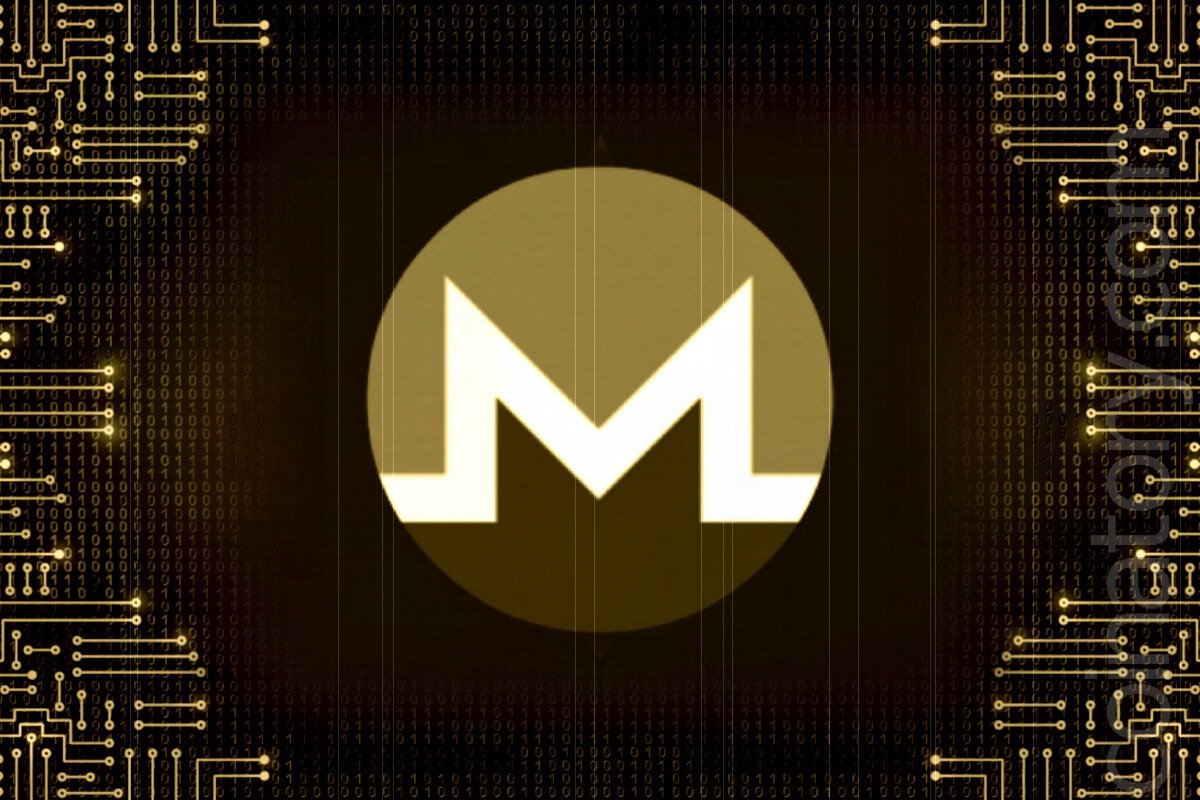
Monero is currently confronting a contentious, financially driven hashrate dominance attempt orchestrated by Qubic—a mining pool and crypto ecosystem founded by Iota co‑founder Sergey Ivancheglo. What has unfolded appears to be an unfolding takeover strategy, drawing sharp criticism from the Monero community over mounting risks tied to hash power centralization.
According to MiningPoolStats, Qubic’s hashrate dominance on the Monero network fell precipitously—from the #1 mining pool to the #7 position—as awareness grew around what many interpreted as an overt takeover attempt. In response, the community pushed back, triggering a rapid decline in Qubic’s share of total hashpower.
On June 30, Qubic published a blog post announcing its new program: incentivized CPU mining of Monero. The harvested XMR would be directed toward token buy‑backs and burning within the Qubic ecosystem. “QUBIC miners now perform real‑world tasks … which in turn strengthens the QUBIC economy,” the company stated.
Ivancheglo has openly acknowledged that Qubic intends to gain majority control of Monero’s hashrate. In posts on X, he stated that election to such power would allow Qubic to reject blocks from other miners—effectively making mining unprofitable unless routed through Qubic’s pool. However, the recent collapse in Qubic’s mining share suggests that such a scenario may now be less imminent.
Opaque Strategy Intensifies Fears
In a recent X post, Ivancheglo hinted that Qubic will cease reporting its hashrate from “next Wednesday,” signaling a covert escalation of its operation. Without transparent hashrate visibility, it becomes difficult to gauge the pool’s true influence—or assess the magnitude of the threat to Monero’s decentralization.
Interestingly, Ivancheglo also claimed to be working on “a countermeasure to the very attack that he is orchestrating,” calling it a critical precaution for the broader crypto industry. He warned that “one day we all may face a non‑benevolent attack.”
Community Reactions and Tensions
Discussion on the Monero subreddit allegedly referenced Ivancheglo’s presumed base in Belarus, prompting him to comment on head‑bounty concerns: “I hope the head bounty won’t be collected in $XMR to avoid creating incentive to drop its price to 0.” Others even hinted at potential threats:
“Do we have friends in Belarus?”
As an anonymity‑centric cryptocurrency, Monero—commonly dubbed an “anoncoin”—has long been a default choice for privacy‑focused users and illicit marketplace operators. Nearly half of dark‑web markets reportedly accept XMR exclusively.
Analyst Insights: Operational Risk Amid Centralization
Dan Dadybayo of Unstoppable Wallet warned that attaining 51% of Monero’s hashrate would enable Qubic to unilaterally orphan blocks, reject competitor transactions, delay confirmations, and even push contentious protocol changes. He noted that Ivancheglo himself signaled that orphaned blocks and delayed acceptance—after as many as 13 confirmations—may become standard.
Dadybayo emphasized that stated intent is irrelevant when centralization exists:
“Intent doesn’t matter … centralization equals risk.” He concluded: “This is no longer about exploits. It’s about capital.”







